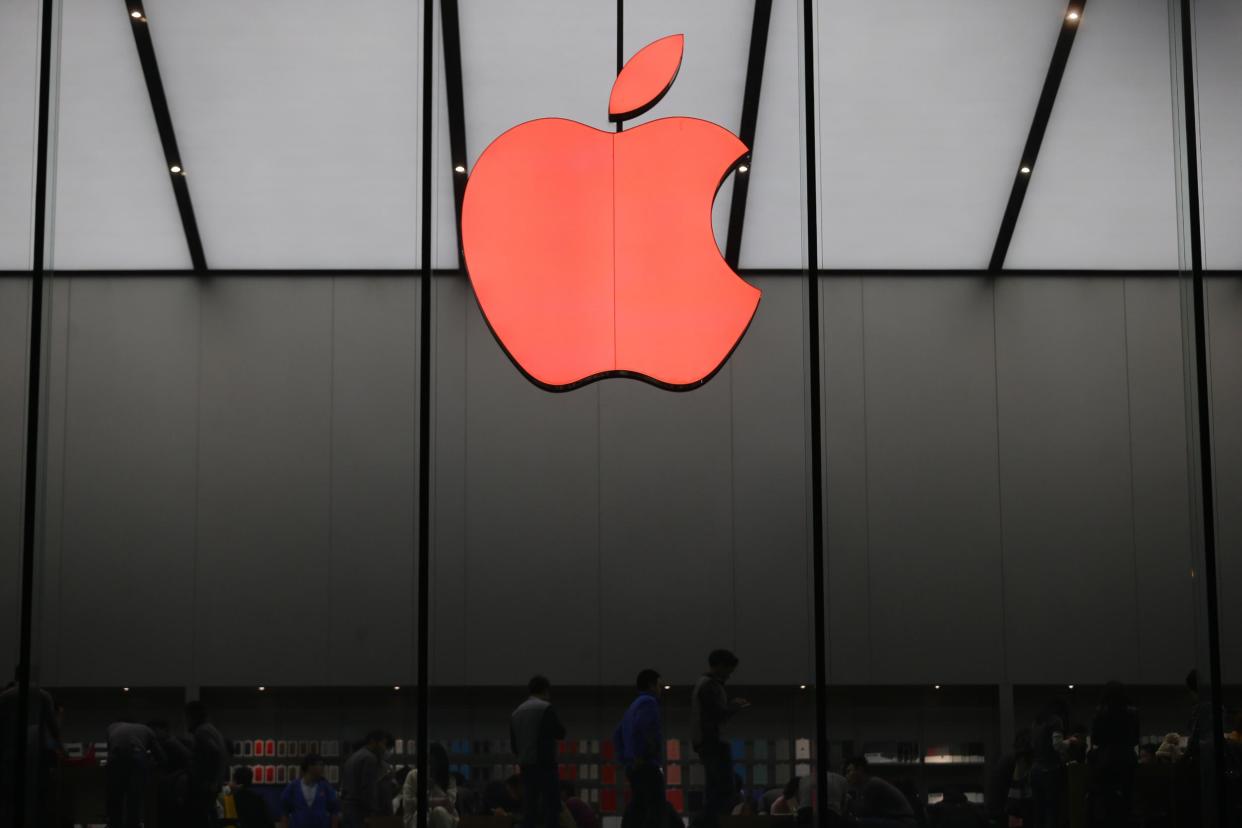Apple caves in to China and removes 25,000 apps from App Store

Apple has pulled thousands of apps from its App Store in China, following criticism from government-backed media in the country.
Local reports suggest the cull involved up to 25,000 apps related to gambling and lottery games, though Apple did not confirm the number.
China is Apple's most important market outside the US, as well as the home to iPhone and iPad production, and the trillion-dollar company appears to have acted quickly following the criticism to avoid further backlash.
"Gambling apps are illegal and not allowed on the App Store in China," Apple said in a statement.
"We have already removed many apps and developers for trying to distribute illegal gambling apps on our App Store, and we are vigilant in our efforts to find these and stop them from being on the App Store."
State broadcaster China Central Television (CCTV) reported this month that illegal gambling apps in the country had resulted in significant losses for users. Over the weekend, CCTV said that on 9 August alone, Apple removed 4,000 apps from its App Store.
Zhu Xi, deputy director of the Centre for Communication Law Studies at China University of Political Science and Law, said that although Apple removed the apps, people who had already installed them would still be able to use them in China.
"Apple should shut down and punish this related account of the offender within the control of Apple," Mr Xi told CCTV.
"If there is no shutdown, it means that the app is only removed from the platform, and the offender can continue to operate the app."
Apple has previously removed hundreds of virtual private network (VPN) apps from its online store in China, which allow people to bypass China's strict internet censorship rules that block sites like Google and Facebook.
The Cupertino-based company attempted to justify this decision in 2017 by claiming its presence in China was ultimately beneficial to the country's citizens.
"We believe that our presence in China helps promote greater openness and facilitates the free flow of ideas and information," Apple's vice president of public policy Cynthia Hogan said at the time.
"Our products and services offer our customers opportunities to communicate in many forms, including through personal communications services, podcasts, photos, and millions of apps."

 Yahoo News
Yahoo News 
